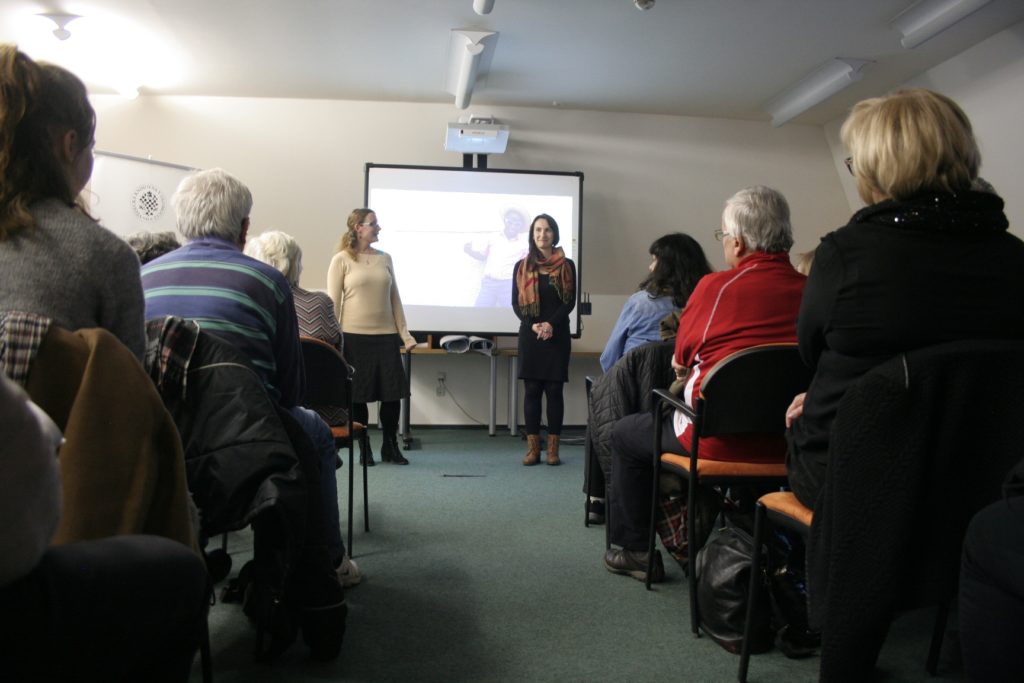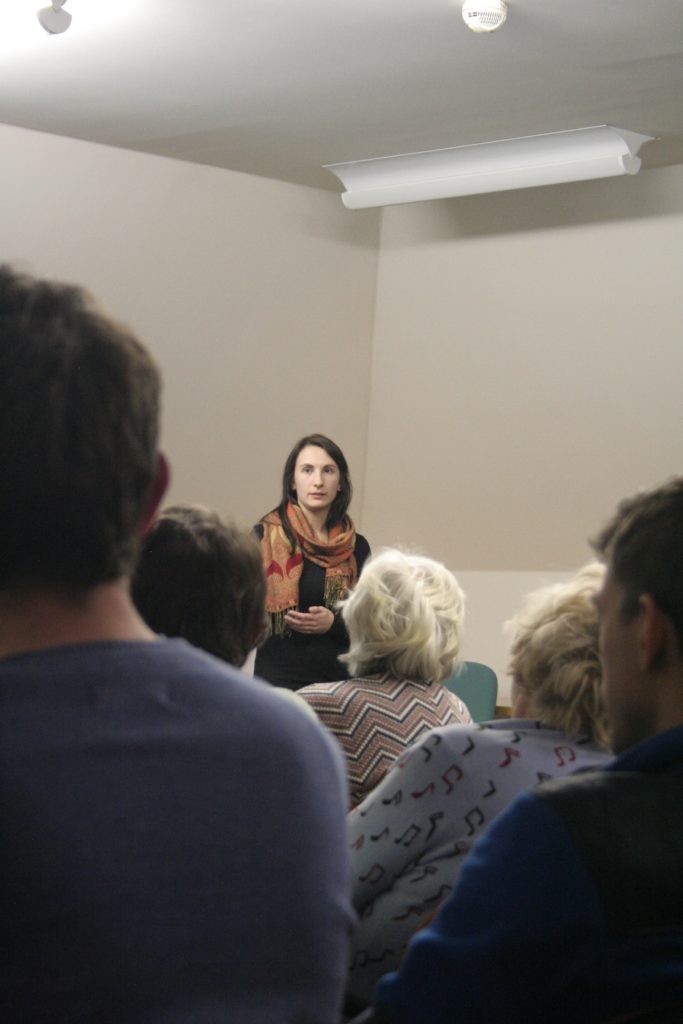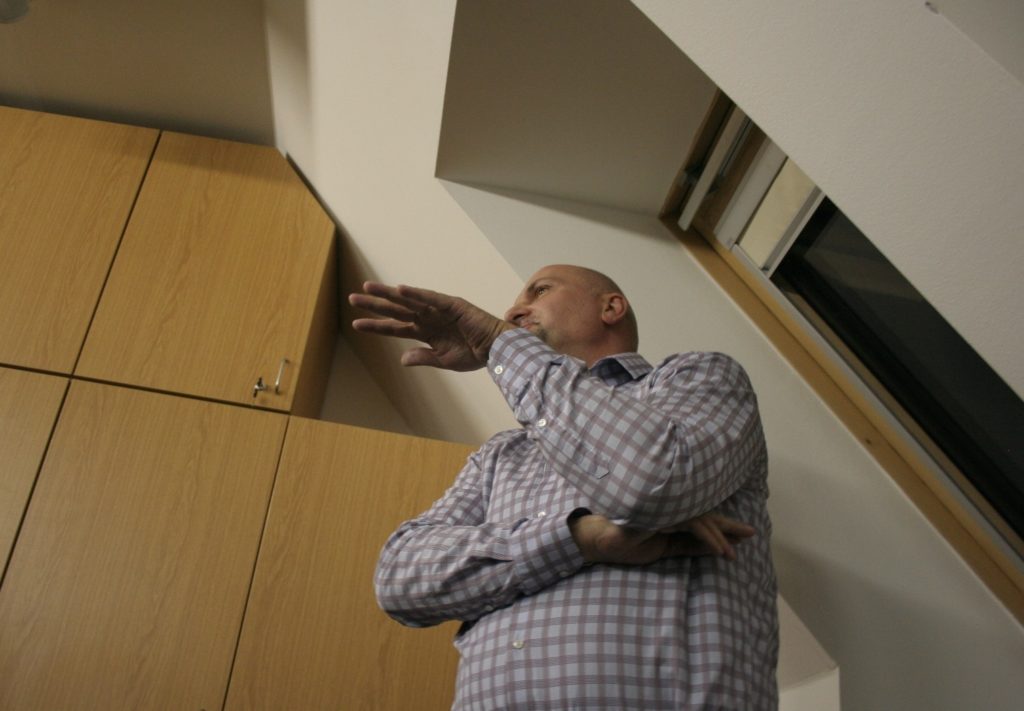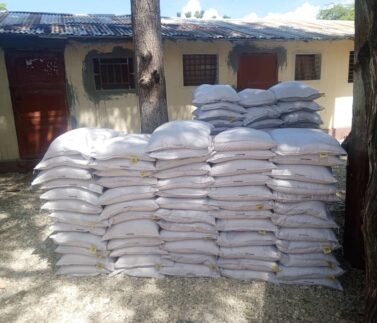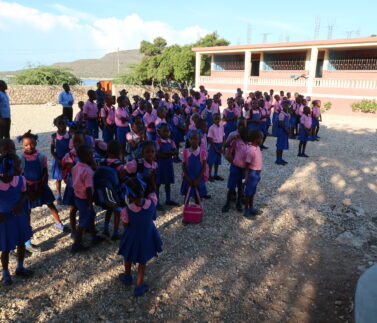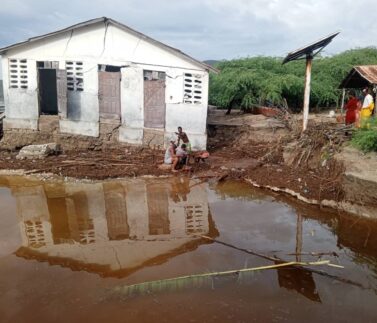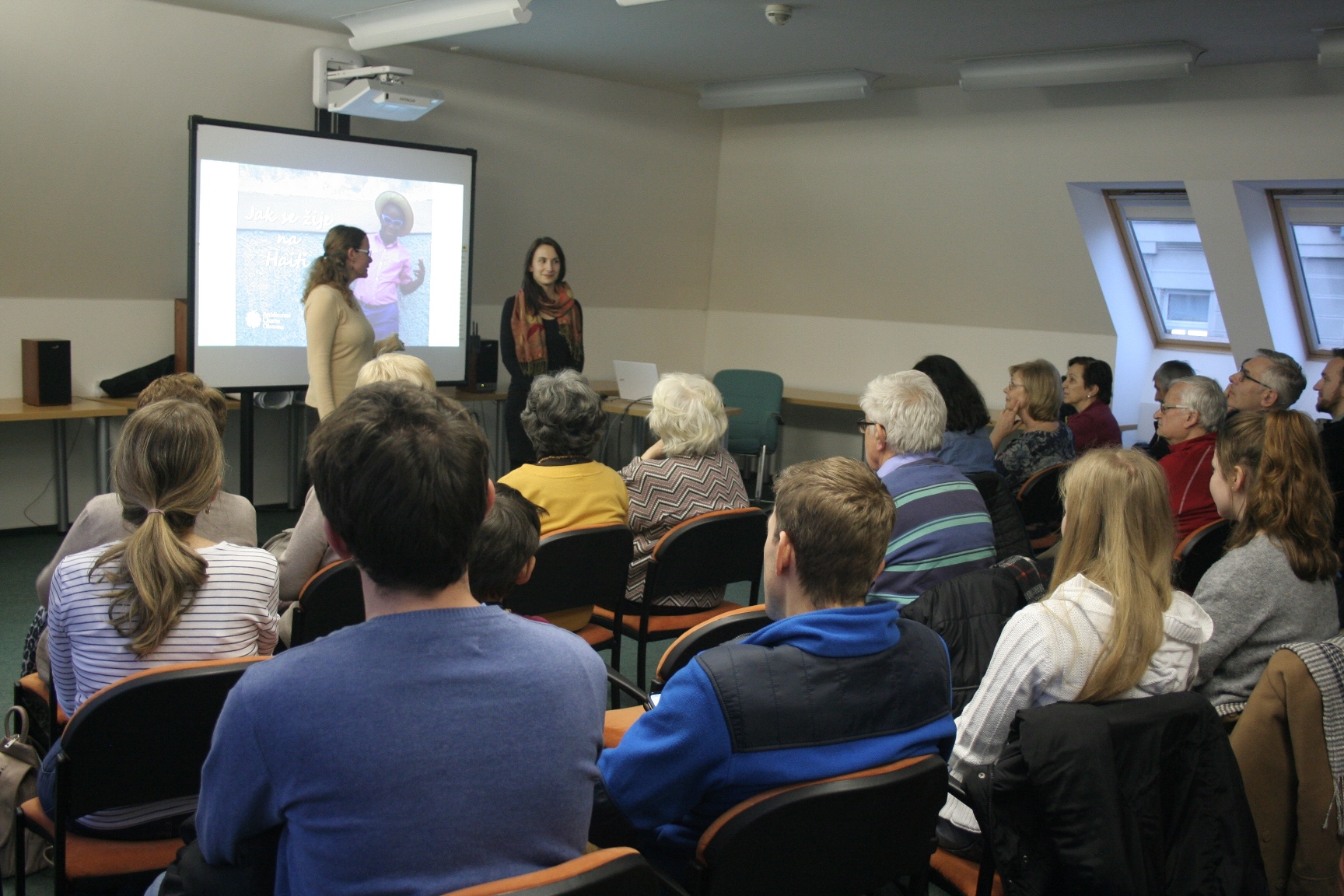
Talking, photos and videos showed how to live in Haiti
Olomouc – The Science Library Hall cracked at the seams yesterday. People learned how to live in Haiti by Klára Lőffelmannová, who helped the Archdiocesan Caritas Olomouc in the Caribbean. Martin Zamazal, head of the humanitarian department, also talked about where the country is going from the devastating 2010 earthquake. A lot of questions from viewers ended the lecture and projection.
Visitors to the lecture learned fragments from the history of Haiti. Haiti means “mountainous country” in Creole. The former Pearl of the Caribbean, however, was almost deforested by the French colonizers. Almost no one of the indigenous people survived, so colonists brought Haiti on slave ships to Africans. “Haiti is the first country in the world where slaves rose up against their masters. One of them took the lead, but he also became a cruel dictator,” said former charity worker Klára Lőffelmannová.
She helped three times in the field in Haiti. For the first time, a few days after Hurricane Matthew arrived there. She had experienced an earthquake on her last trip there. “The epicenter was in the north of the country in the sea, but we still felt the shock. And then they repeated themselves. One could not sleep, did not know if to run quickly out of the building at night,” Klára continued, adding that in the schools that Caritas supports with Czech donors, teachers gave instructions to children how to act in such a situation. Run away from the building, and if you can’t make it, stand up to the pillar that holds the walls.
The lecture also dealt with the problem of garbage, lack of wood, drinking water and food. Also the various health problems of Haitians that stem from the way they live. The government is not working, not behind its people. The system does not exist in the country.
“We cannot replace the government, we can only help wherever we can,” added Martin Zamazal of the Archdiocesan Charity Olomouc, who continued to work in Haiti after the devastating earthquake in 2010. The streets were full of debris, dead and wounded. Huge tent camps were established. At that time, Caritas provided people with sails, shelters, drinking water, food, hygiene products…
Karolína Opatřilová, Archdiocesan Charity Olomouc

